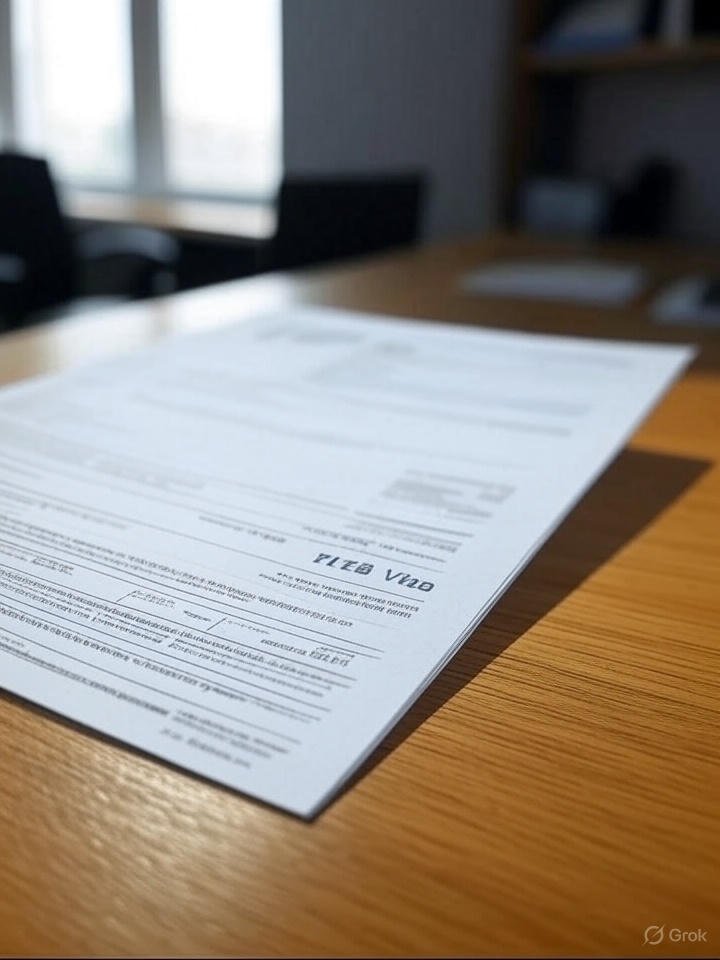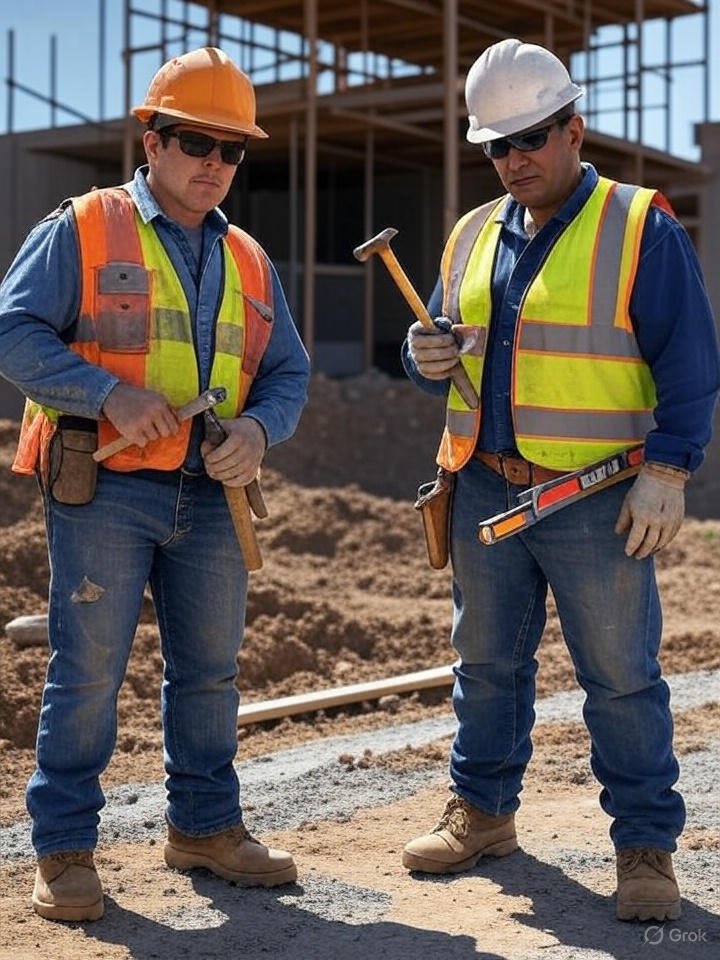States jobs in Australia for skilled professionals are a golden opportunity for ambitious individuals aiming to thrive in a dynamic economy.
Picture yourself coding in Sydney’s tech hub, engineering solutions in Perth’s mining sector, or advancing healthcare in Melbourne’s world-class hospitals.
With over 200,000 job vacancies for skilled roles in 2024, Australia is a magnet for talent in fields like technology, engineering, and healthcare (Seek Australia, 2024).
Advertisements
You have been blocked from seeing ads.
';
endif;
?>
This guide offers a detailed roadmap to secure these high-demand jobs, packed with practical tips, a success story, and insider strategies to help you stand out.
Why Australia Is a Haven for Skilled Professionals
Australia’s states boast diverse economies, from Queensland’s tourism-driven markets to Western Australia’s resource boom. Skilled professionals are in high demand, with industries like IT, engineering, and healthcare facing critical shortages.
The country’s Skilled Occupation List (SOL) prioritizes roles like software developers, civil engineers, and nurses, making it easier for qualified candidates to secure jobs and visas.
Beyond career prospects, Australia offers a lifestyle that blends vibrant cities, stunning landscapes, and a multicultural vibe.
Competitive salaries, averaging AUD 70,000 to AUD 150,000 for skilled roles, and pathways to permanent residency sweeten the deal (Glassdoor, 2025). The challenge? You’ll need to navigate visas, tailor applications, and compete in a global talent pool.
Visa Options for Skilled Professionals
To work in Australia, skilled professionals often need a visa. Here are the main options:
- Temporary Skill Shortage (TSS) Visa (Subclass 482): Allows you to work for a sponsoring employer for up to four years. Common for roles like data scientists and mechanical engineers.
- Skilled Independent Visa (Subclass 189): Offers permanent residency for professionals with in-demand skills, no employer sponsorship required.
- Regional Sponsored Migration Scheme (Subclass 494): Targets regional areas like Tasmania, with a path to permanent residency after three years.
Pro Tip: Check the SOL on the Department of Home Affairs website to ensure your occupation qualifies. Certifications like AWS for tech or PMP for project management can boost your eligibility.
Disclaimer: Visa eligibility depends on your occupation, qualifications, and application accuracy. Consult a licensed migration agent for personalized advice.
Top States for Skilled Professionals
Each Australian state offers unique opportunities. Here’s a breakdown:
New South Wales (NSW): Tech and Finance Hub
Sydney is a hotspot for software developers, financial analysts, and healthcare professionals. Companies like Canva and Commonwealth Bank hire skilled talent, with over 70,000 vacancies in 2024 (Seek Australia, 2024).
Victoria: Innovation and Healthcare
Melbourne’s tech startups and hospitals seek data scientists, engineers, and nurses. Employers like Monash Health and SEEK offer competitive roles.
Queensland: Engineering and Tourism
Brisbane and regional areas need civil engineers and IT specialists. The mining and tourism sectors often sponsor skilled workers.
Western Australia (WA): Mining and Energy
Perth’s resource sector demands engineers, geologists, and project managers. Companies like Rio Tinto are known for hiring international talent.
South Australia: Defense and Renewables
Adelaide’s growing defense and renewable energy sectors need aerospace engineers and data analysts. Roles often come with relocation support.
Tasmania: Emerging Opportunities
Tasmania’s renewable energy and agriculture sectors seek environmental scientists and engineers, with less competition than mainland cities.
How to Land a Skilled Job in Australia
Securing a job as a skilled professional requires a strategic approach. Here’s how to get started:
1. Research In-Demand Roles
Focus on SOL-listed occupations. Use job boards like Seek, LinkedIn, and Indeed to identify roles matching your skills. Filter for “visa sponsorship” if needed.
2. Tailor Your Resume
Australian employers prefer concise, results-oriented resumes. Highlight certifications, projects, and international experience. Mention visa eligibility to ease employer concerns.
3. Upskill with Certifications
Boost your appeal with certifications like:
- AWS Certified Solutions Architect for tech roles.
- PMP (Project Management Professional) for management roles.
- Australian Health Practitioner Regulation Agency (AHPRA) registration for healthcare.
4. Network Strategically
Join LinkedIn groups like Australia Tech Jobs or attend virtual job fairs hosted by Jobs Victoria. Connect with recruiters at firms like Hays or Robert Half.
5. Prepare for Interviews
Australian interviews focus on technical skills and cultural fit. Be ready to discuss real-world projects or scenarios, like optimizing a database or managing a construction site.
Unique Insight: Build a personal website showcasing your projects. For example, a data scientist could share a portfolio of Python visualizations, while an engineer might highlight CAD designs. This sets you apart in competitive fields.
Success Story: Priya’s Tech Triumph in Sydney
Priya, a data scientist from India, dreamed of working in Sydney’s tech scene. She earned an AWS certification and tailored her LinkedIn profile to highlight her machine learning projects.
After connecting with a recruiter at a virtual job fair, she landed a role with a Sydney-based fintech startup. The company sponsored her TSS visa, and she now earns AUD 110,000 annually. “Certifications and networking were key,” Priya says. “They showed employers I was serious about my career.”
Challenges and Solutions
Skilled professionals face hurdles like visa complexity, competition, and cultural adaptation. Here’s how to overcome them:
- Visa Complexity: Work with a migration agent to streamline your TSS or Subclass 189 application.
- Competition: Stand out with niche skills or certifications. For example, cybersecurity expertise is highly sought after in tech.
- Cultural Adaptation: Learn Australian workplace norms, like direct communication and teamwork, through blogs or expat forums like Expat.com.
Benefits of Working in Australia
Skilled jobs in Australia offer:
- High Salaries: Skilled roles average AUD 70,000 to AUD 150,000 annually, with senior positions exceeding AUD 200,000 (Glassdoor, 2025).
- Career Growth: Access to training, conferences, and global networks.
- Residency Pathways: Many visas lead to permanent residency, especially in regional areas.
Disclaimer: Salaries vary by role, experience, and location. Check specific job listings for accurate figures.
Common Mistakes to Avoid
- Overlooking Regional Jobs: Don’t focus only on Sydney or Melbourne. Regional roles in Tasmania or South Australia offer less competition and visa perks.
- Generic Applications: Tailor every resume and cover letter to the job’s requirements.
- Skipping Networking: Many skilled jobs are filled through referrals. Build connections early.
FAQs About States Jobs in Australia for Skilled Professionals
Do All Skilled Jobs Require Sponsorship?
No, the Subclass 189 visa doesn’t require sponsorship, but many roles use the TSS visa for employer sponsorship.
Which State Is Best for Tech Jobs?
NSW and Victoria lead, but Perth and Adelaide are emerging tech hubs with less competition.
How Long Does the Visa Process Take?
TSS visas take 1-3 months, while Subclass 189 can take 6-12 months, depending on your application.
People also read: Caregiver Jobs in the UK with Visa Sponsorship
Ready to launch your Australian career? Start by researching SOL-listed roles and upskilling with relevant certifications.
Tailor your resume, network on LinkedIn, and explore regional opportunities. With persistence, you’ll secure a skilled job that transforms your future.
Success Story: Liam’s Engineering Win
Liam, a civil engineer from Ireland, targeted Queensland’s infrastructure boom. He earned a PMP certification and connected with a recruiter via Seek.
His tailored application landed him a sponsored role with a Brisbane construction firm, earning AUD 95,000 annually.
“Upskilling and researching regional jobs made all the difference,” Liam says. He’s now on track for permanent residency.





